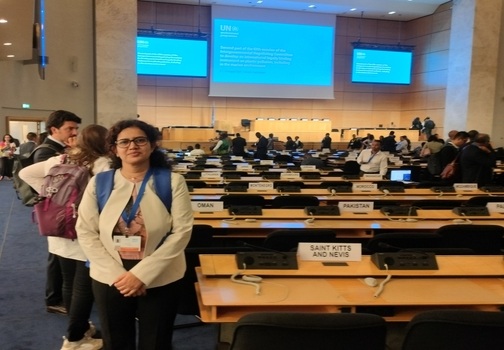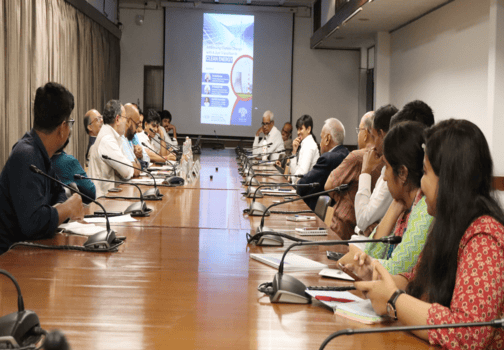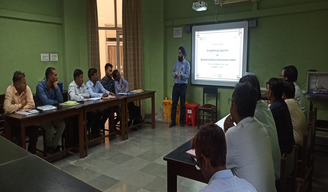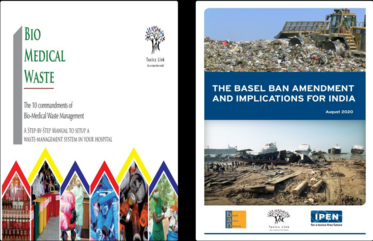Waste Recycling and Climate Change 2025 Conclave
GOVERNMENT OF INDIA
MINISTRY OF ENVIRONMENT, FOREST AND CLIMATE CHANGE
RAJYA SABHA
UNSTARRED QUESTION NO. 2308
TO BE ANSWERED ON 20.03.2025
Waste Recycling and Climate Change 2025 Conclave
2308. SMT. KIRAN CHOUDHRY:
SHRI MAYANKBHAI JAYDEVBHAI NAYAK:
SMT. SUNETRA AJIT PAWAR:
Will the Minister of ENVIRONMENT, FOREST AND CLIMATE CHANGE be pleased to state:
(a) the main focus of the Waste Recycling and Climate Change 2025 Conclave;
(b) the steps taken by Government for effectively implementing the extended producer responsibility (EPR) regulations in industries;
(c) the plans of Government to integrate the informal sector into the formal recycling system and ensure their economic security; and
(d) Government’s plan to address the problem of unregulated waste disposal and its impact on landfills and environmental degradation?
ANSWER
MINISTER OF STATE IN THE MINISTRY OF ENVIRONMENT, FOREST AND CLIMATE CHANGE
(SHRI KIRTI VARDHAN SINGH)
(a): The Waste Recycling and Climate Change 2025 Conclave was held on 18th February 2025 with focus on waste recycling, sustainable E-waste recycling, battery waste recycling.
(b) to (d): The Ministry has notified market-based Extended Producer Responsibility (EPR) regulations in plastic packaging, e-waste, waste tyres, waste batteries, used oil and end-of-life vehicles. There are separate EPR portals for implementation of EPR in each of the waste streams covered under EPR. The EPR portals provide for online registration and reporting by obligated entities while ensuring accountability and transparency. The EPR regulations also provide for separate verification and audit of producers, importers and brand owners and waste processors by CPCB/SPCB/PCC, as required.
The EPR regulations make a key shift from collection and disposal to waste processing and recovery of material from wastes for further use. Adoption of circular economy under EPR regulations, requires upgradation of technologies by recyclers, institution of pollution control measures for responsible handling of wastes produced during recycling. The focus on circular economy has twin environmental benefits of reduction in pollution and conservation of virgin natural resources since these regimes also promote recovery of secondary raw materials from wastes i.e. waste to wealth.
The obligation of minimum level of recycling of plastic packaging waste, E waste, battery waste, waste tyre and used oil envisages strengthening of the waste management sector through involvement of formal sector and formalization of informal sector. The EPR regulations lead to creation of value chain in the identified waste streams and integration of informal sector. The market based mechanism of EPR will not only lead to development of waste management ecosystem but also lead to environmentally sound management of waste, reduction in unmanaged waste and prevent environmental degradation. Landfills will be used only as a last resort in case of non-recyclable wastes.






